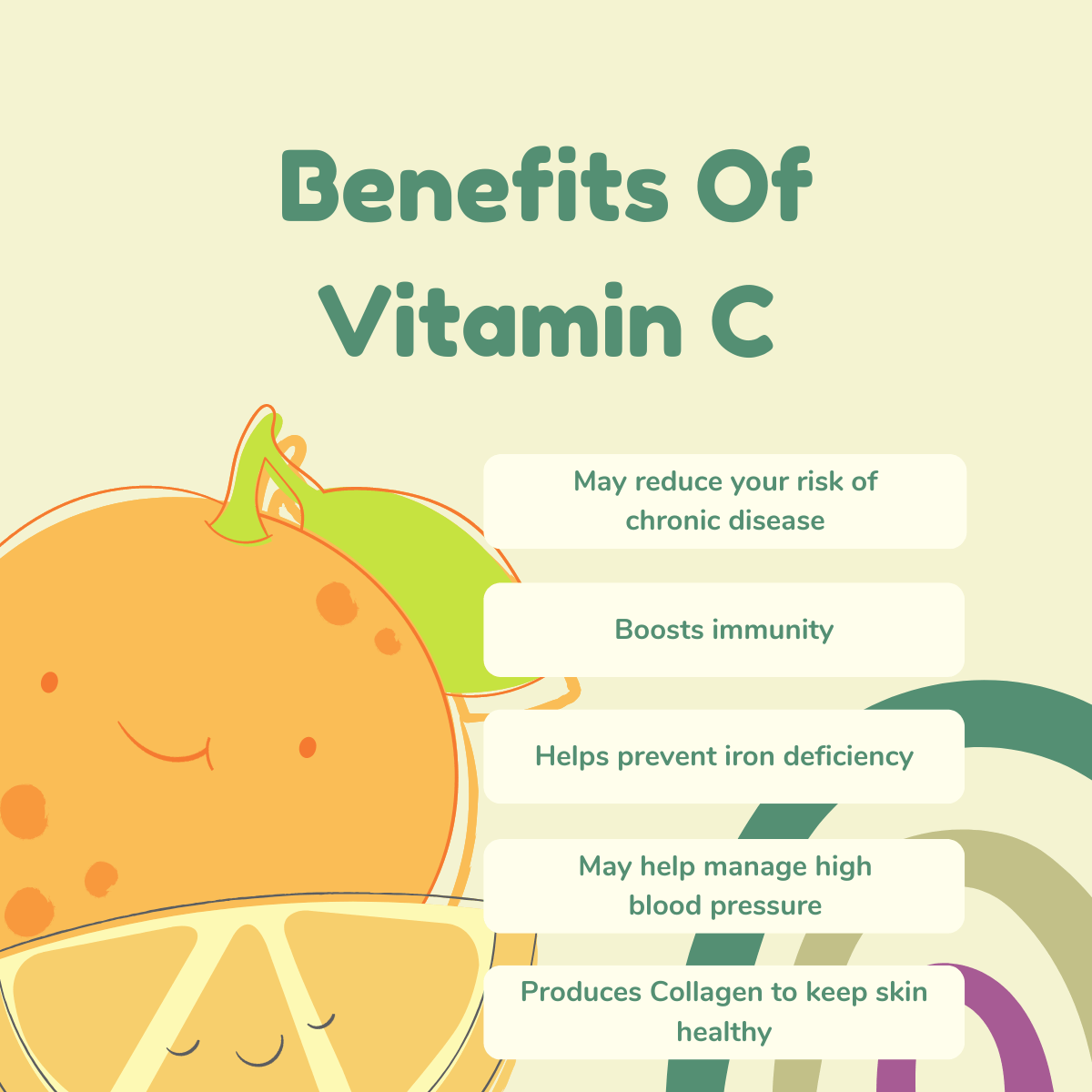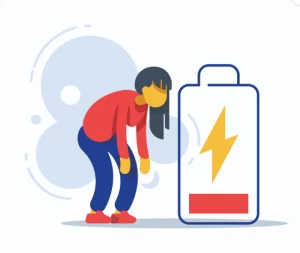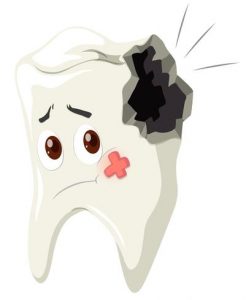
Vitamin C Deficiency – Importance of Vitamin C
Vitamin C, or ascorbic acid, is one of the most important vitamins for human health. It boosts immunity, helps produce collagen for healthy skin, and acts as a potent antioxidant that defends cells from damage. Unlike several other vitamins, human beings don’t create or store vitamin C, so it must be acquired by way of food or dietary supplements. A small amount of vitamin C deficiency can result in a range of health problems, some of which have the potential to become severe if not treated promptly.
How to Recognize Vitamin C Deficiency: Signs and Symptoms
Lack of vitamin C or in some extreme cases, scurvy in extreme cases, has a range of physical and physiological symptoms. Here are some common signs that you could use more of this important nutrient:
 1. Fatigue and Weakness
1. Fatigue and Weakness
Vitamin C deficiency can cause tiredness and fatigue. This is because vitamin C is involved in energy metabolism and iron absorption. The body may not be able to generate these energy levels without it.
 2. Recurrent Illnesses and Slow Healing Wounds
2. Recurrent Illnesses and Slow Healing Wounds
Vitamin C is also critical to a healthy immune system. Those who are deficient might get sick often. Vitamin C is also important for collagen production, which aids in wound healing. As a result, cuts and bruises heal slowly in cases of deficiency.
 3. Dental Issues and Gum Bleeding
3. Dental Issues and Gum Bleeding
Bleeding gums, often in combination with swelling, inflammation, or tenderness of gums, is one of the most well-known symptoms of vitamin C deficiency. Eventually, a lack of vitamin C can cause tooth loss or loosen an otherwise healthy tooth due to weakened connective tissue in the gums.
 4. Skin Issues and Easy Bruising
4. Skin Issues and Easy Bruising
Vitamin C is essential for collagen production, so a deficiency often manifests in dry, rough, or bumpy skin. Those who bruise easily may also be deficient in vitamin C as weaker blood vessels may bruise easily.
 7. Mood Changes and Depression
7. Mood Changes and Depression
Low levels of vitamin C have been linked with irritability, mood swings, and even depression. This is probably because it is involved in neurotransmitter activity and overall brain health.
What Causes Vitamin C Deficiency?
Deficiency is uncommon in developed countries but may occur for a number of reasons:
Inadequate Diet.
The most common cause of deficiency is a diet that is low in fruits and vegetables.
Smoking.
Smokers need higher amounts of vitamin C as smoking reduces the vitamin C levels in the body.
Medical Conditions.
Diseases like Crohn’s disease, ulcerative colitis, and kidney disease may reduce the absorption of vitamin C.
Alcoholism.
Drinking too much alcohol can lead to reduced absorption of vitamin C and ultimately deficiency.
Conclusion.
Vitamin C is a vital nutrient that supports various bodily functions, including immune defense, skin health, and wound healing. Deficiency can lead to these type of things, fatigue, weakened immunity, skin problems, and other serious health concerns. By consuming a balanced diet rich in vitamin C, making lifestyle adjustments, and supplementing when necessary, individuals can prevent deficiency and maintain optimal health. If symptoms of deficiency persist, it is advisable to consult a healthcare professional for further evaluation and guidance.
Vitamin C plays an important role in immune function and overall resilience, and deficiency can show up in subtle but meaningful ways. If you’d like to explore practical ways to support immune health through targeted nutrition, our supplements for immune health content looks at options that complement a balanced daily routine.




